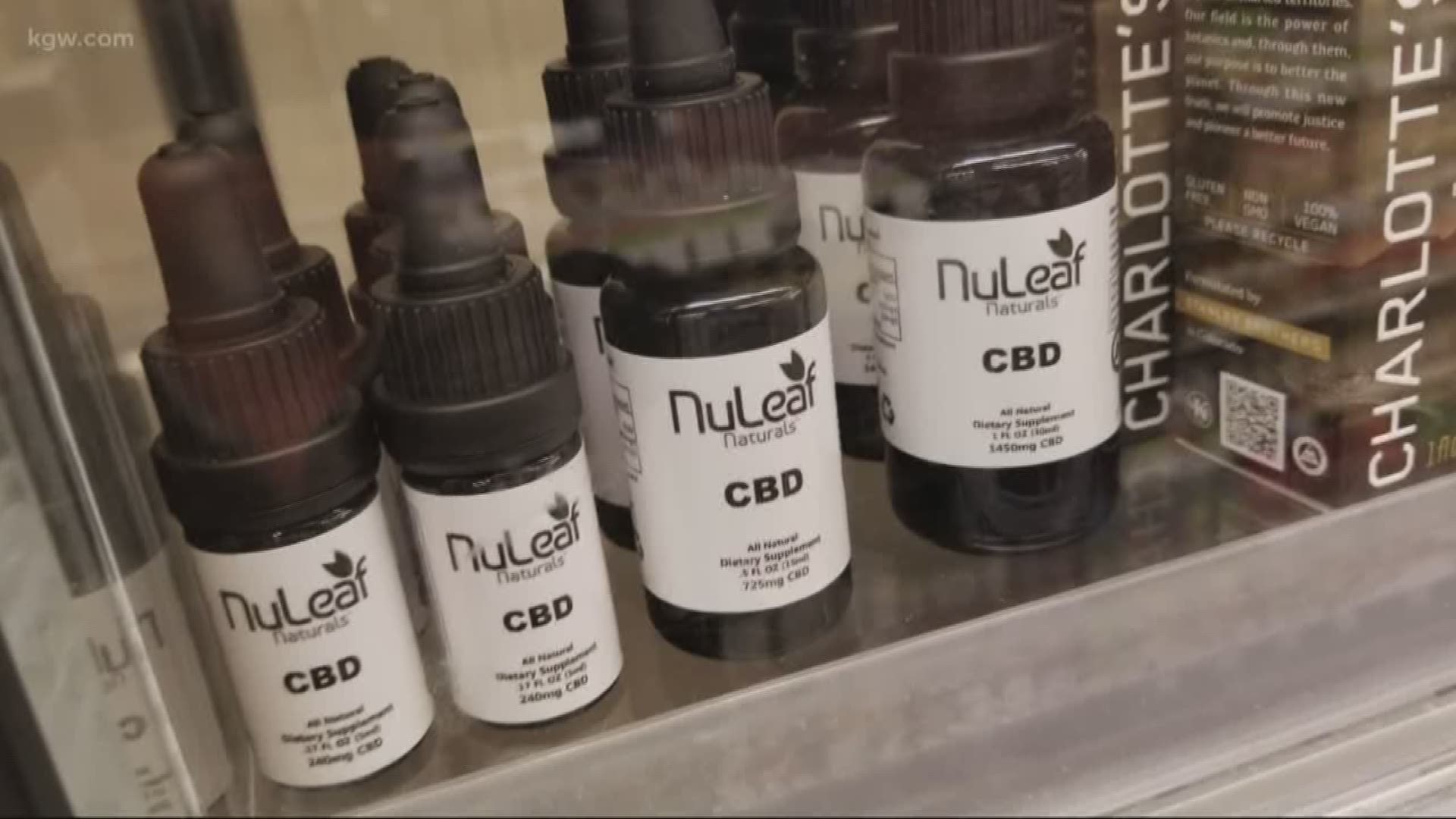PORTLAND, Ore. — It feels like CBD is everywhere in Portland. The trendy “it” extract can be found in lattes, lotions, massage oils and pet treats.
Some CBD companies promise their product relieves chronic pain, anxiety and even seizures.
And though the billion-dollar CBD industry is gaining traction nationwide, even its strongest supporters admit there is not enough research to back up these “cure-all” claims.
What is CBD?

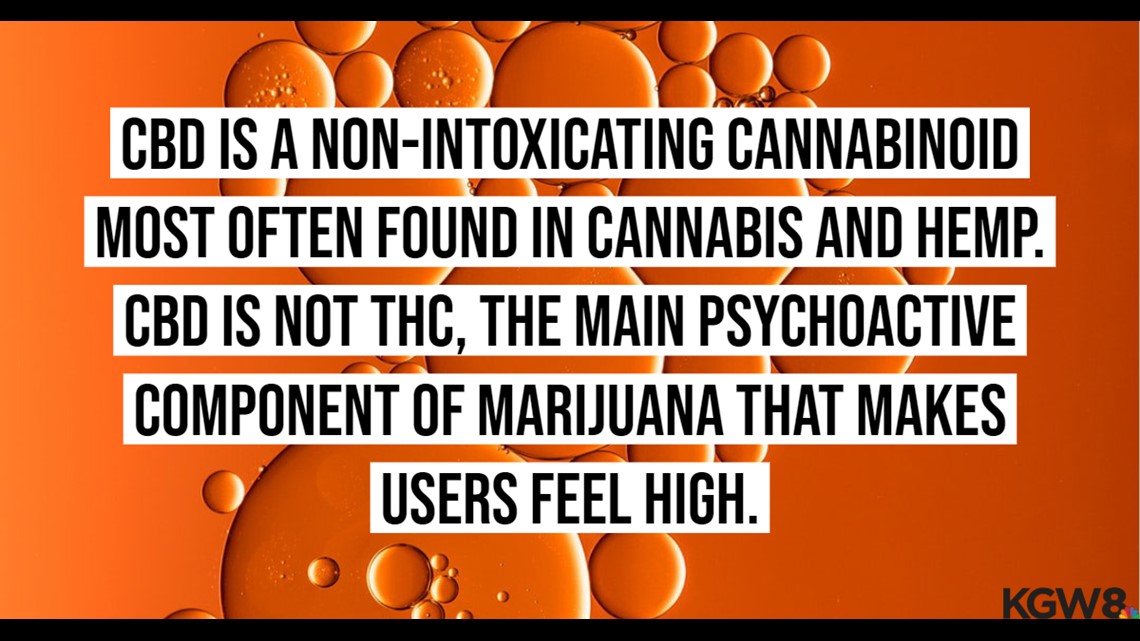
CBD is a non-intoxicating cannabinoid most often found in cannabis and hemp. CBD is not THC, the main psychoactive component of marijuana that makes users feel high.
“There’s a lot of people that don’t want the THC. They don’t want the psychedelic effects,” said Christine Smith of Grön Chocolate, a CBD company in Portland. “They don’t want the head high. They just want their body to feel better and that’s what CBD does.”
CBD is a naturally-occurring chemical that can be found not just in marijuana and hemp, but also in hops, lichen and evergreen trees. The CBD Smith uses in her products comes from lichen plants and lemon peels.
Smith’s products include chocolate, pastries, balms and tinctures, and you can find them in mainstream grocery stores like New Seasons or at her chocolate shop in SE Portland.
“We’re finding younger people using it for anxiety and stress. And the older generation, [people] 50 to 70 years old, are using it for joint pain, sleeping and for body purposes,” Smith said.
What can CBD companies claim about the extract?

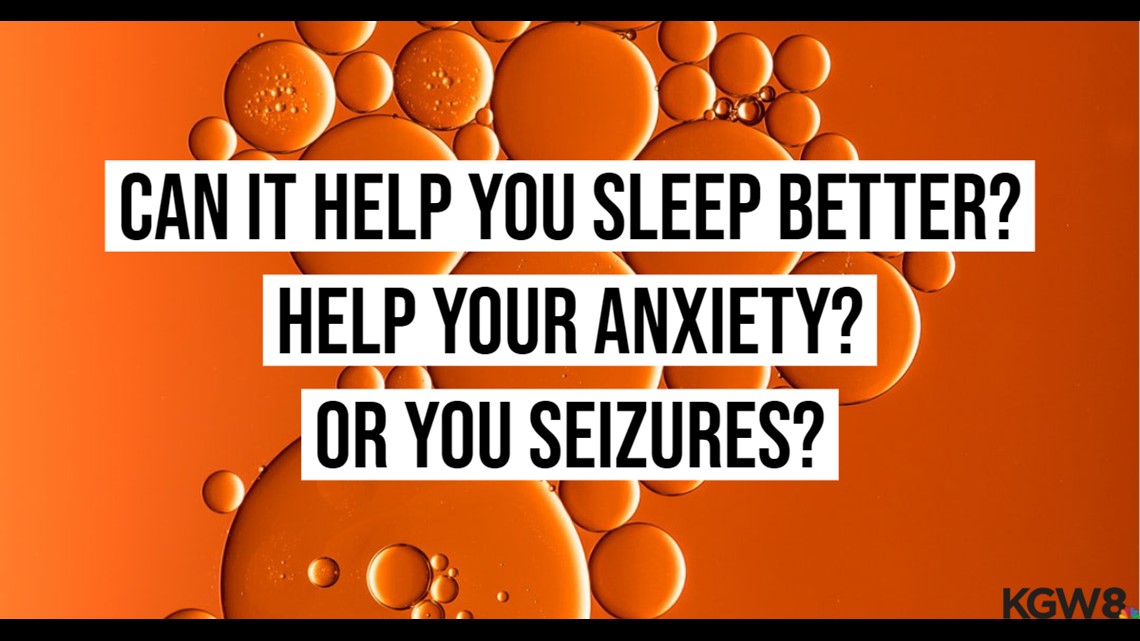
While people use it for all sorts of reasons, what companies can legally say about CBD is a different story.
“Per FDA, no company can legally say that CBD can cure or fix anything,” said Smith. “If they’re doing it, technically they are in violation and they should get a cease and desist letter from the FDA.”
In fact, the FDA has sent cease and desist letters to CBD companies for making specific health claims, but Smith said they can’t possibly keep up with the amount CBD companies coming to market.
“The market is growing so fast and is so unregulated, I don’t think the FDA has the bandwidth to really regulate it,” said Smith.
What’s in CBD?

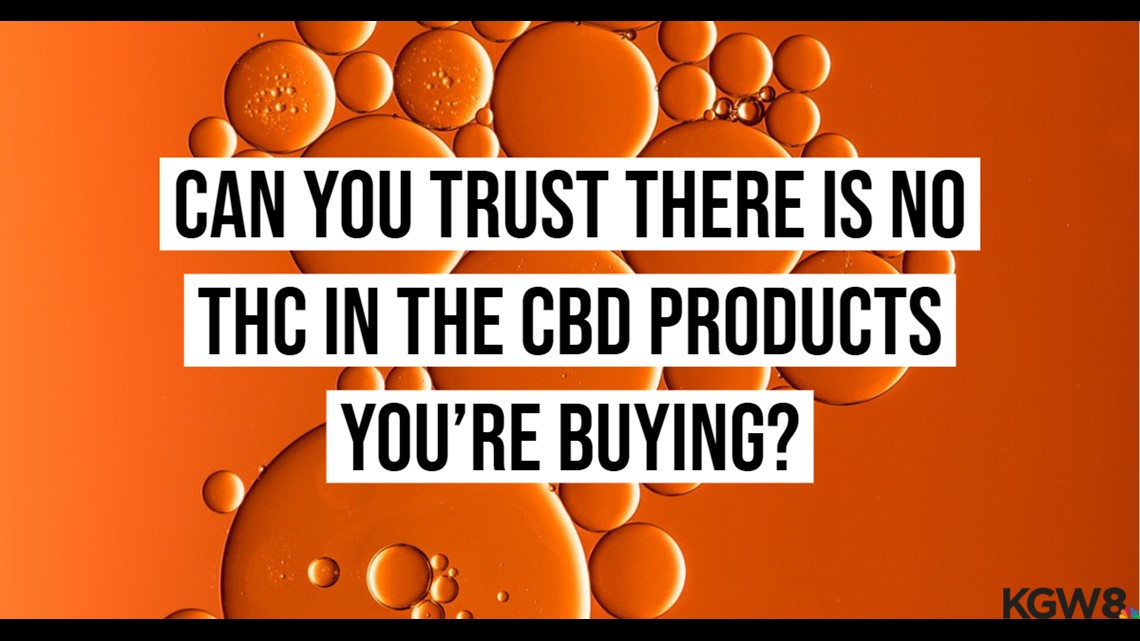
Because of the lack of regulation, you often don’t know what’s really in the CBD product you’re buying.
“The FDA has oversight on Hershey bars, Coke, Doritos, whatever it is. They don’t [have oversight] on the CBD market. It’s left to the states,” said University of Pennsylvania Adjunct Assistant Professor Marcel Bonn-Miller.
Bonn-Miller has studied CBD for the last 15 years. In a 2017 study, he found 7 out of 10 CBD products didn’t contain the amount of CBD promised on the label.
“Let’s say you have a kid with severe epilepsy, and you’ve tried a whole bunch of treatments and your kid is not doing well. You hear about CBD and think, ‘Let me give this a try.’ You want to know that you are giving your kid CBD,” said Bonn-Miller.
According to Bonn Miller, 43 percent of the products he tested contained too little CBD, while about 26 percent contained too much.
One in 5 CBD products Bonn-Miller tested contained THC.
“Some people are very sensitive to THC. So if you buy CBD oil, you want to know it doesn’t have THC in it. Over 20 percent of the products we tested had THC in it,” Bonn-Miller said.
And if that product you’re buying does have THC in it, you could fail a drug test.
Samantha Pauley, director of the outpatient program at Hazelden Betty Ford Foundation, says many of her patients have tested positive for THC when they thought they were just taking CBD.
“They’ll say, ‘No, I’m using CBD oil because I was told it would help my pain.’ We’ll have to have that conversation of, ‘Well this had THC in it.’ And now you’re introducing a substance that you didn’t know you were taking,” Pauley explained.
Is CBD being used by doctors and hospitals?

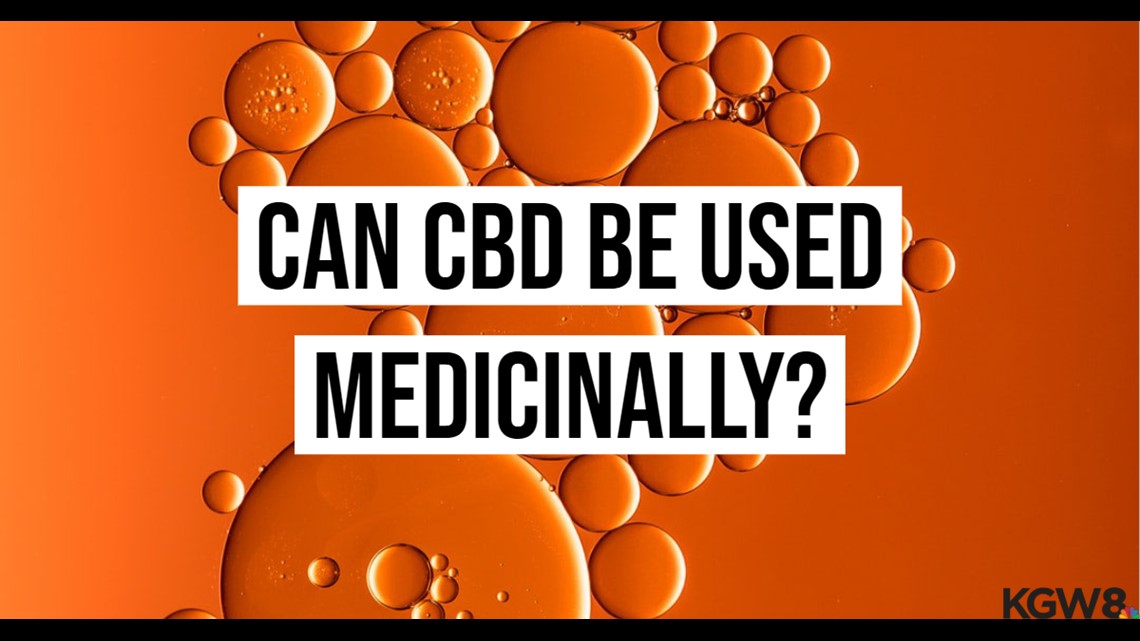
The FDA has approved a CBD-based drug, Epidiolex, as a treatment for epilepsy. Doctors say it’s promising in the field of pain relief.
Kim Mauer, medical director of the OHSU Pain Center, admits some of her patients are using CBD to treat chronic pain.
“It’s been helpful for them in light of the opioid epidemic. A lot of patients are coming down on their opioid therapies. It’s been a tool a lot of patients are finding to be helpful,” said Mauer.
Doctors can’t prescribe CBD products or tell their patients which ones to try, but Mauer said the availability of CBD in Oregon is just another tool in her toolbox to help patients find a solution to chronic pain.
But even the strongest CBD supporters say there just isn’t enough research on the extract.
Cannabis regulation board member and instructor at Harvard Medical School Dr. Peter Grinspoon blames the government.
“It worries me that the popularity might be outstripping the data. We don’t have the hard data on these things because they’ve suppressed the research,” Dr. Grinspoon said.
With the passing of the Farm Bill late last year making hemp legal, researchers expect a lot more studies on the extract
But they’re also expecting even more companies and products coming to an already crowded market.
“It’s so relatively non-toxic, the main risk is that people will waste their money or that they’ll be disappointed it didn’t do anything. Nothing drastically bad will happen,” said Dr. Grinspoon.
Of course, that’s if the CBD product they’re consuming doesn’t include any traces of THC.
“Who knows what other things are in there? Pesticides, heavy metals, toxins… this stuff is starting to show up,” said Bonn-Miller.
How do I know if I’m buying CBD?

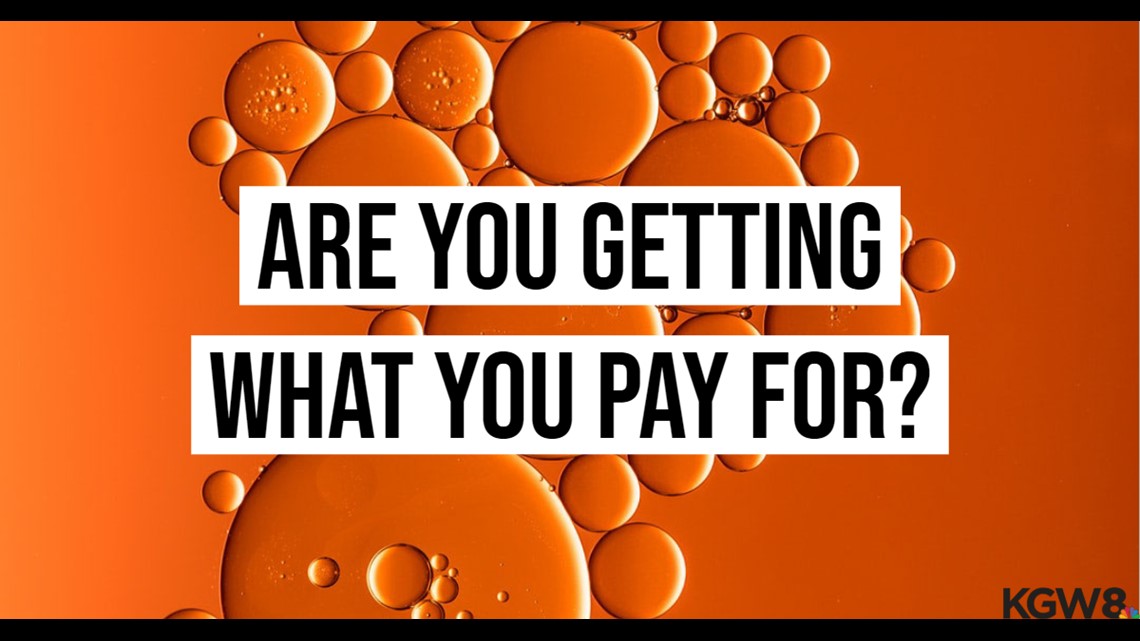
Bonn-Miller, Smith and groups like Consumer Reports say the only way to know you are getting a quality CBD product is to be able to independently verify the test results on the products you’re buying.
Some companies, like Grön Chocolate, will put a batch number and lab information right on the label.
“We believe that that transparency in an unregulated market is necessary,” said Smith.
If you can’t independently check on the testing results, there’s no real way to verify what you’re getting.

